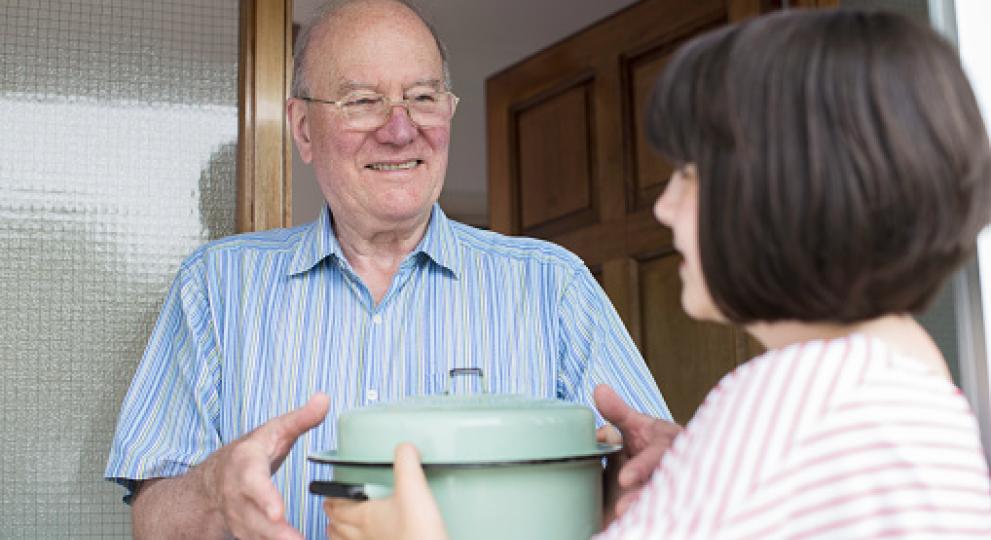8 Ways to Support a Cancer Survivor
8 Ways to Support a Cancer Survivor

When people are first diagnosed with cancer and undergo treatment, they might receive a lot of support from the people around them. But sometimes that support fades once they’re on the road to recovery.
According to the National Cancer Institute (NCI), a person is considered a cancer survivor from the time of diagnosis. Survivorship continues during and after treatment and extends through the end of life.
Cancer survivors often require various forms of support in the months following that initial diagnosis. Research has shown that patients who feel supported tend to have better quality of life and demonstrate more resilience and optimism.
“When people first hear that someone they know has cancer, there's an outpouring of support, but unfortunately that support naturally peters off after a while,” said Dr. Parvin Peddi, director of Breast Medical Oncology at Providence Saint John’s Cancer Institute in Santa Monica, California. “But it's important to know that many people actually have an increased amount of stress when treatment is finished because they don't know how to get back to normal life.”
When cancer treatment ends, a person living with cancer may feel less supported than early in their journey. Perhaps they are getting less attention from friends and family or speaking less often to their medical team. Some cancer survivors find they have drifted apart from friends or find it difficult to find others who understand their experience.
Here are 8 Microsteps you can take to show support for someone living with cancer, including after their treatment ends.
If you are living with cancer and would like more support, consider sharing these tips with friends and family.
Scheduling a “listening” visit
Listening to the concerns of the cancer survivor in your life, and acknowledging their fears without offering advice, will let them know they have a safe space to express their feelings. If they don’t feel like talking, sitting quietly with them can also be supportive. Consider keeping your visits short and be mindful of their energy levels.
Accompanying the person to appointments, check-ups, and scans.
Cancer survivors often have many appointments, and it can be comforting for them to have someone accompanying them for moral support. It can also be useful having another person there to write down key points.
Delivering a meal to their home or doing grocery shopping.
Even if a friend or family member says they don’t need food, they may welcome a nutritious dinner if it arrives at their door. If they don’t eat it right away, they can freeze it.7 Shopping for food is another great way to provide practical support to the cancer survivor in your life. Be sure to find out exactly what they want rather than guessing, or ask someone close to them what they enjoy.
Helping with chores.
It’s common for people living with cancer to experience fatigue following treatment.8 Check in and find out whether they would like a little support with tasks such as tidying or babysitting, for example, which can provide a welcome respite.
Assisting with administrative tasks.
Everything from paying bills to dealing with insurance companies and arranging appointments can be overwhelming for cancer survivors. Your time and support is likely to be greatly appreciated.
Scheduling time to relax in nature together.
Consider going for a short walk or stroll with your friend or family member who is living with cancer. Research shows that gentle movement and fresh air may lower stress and boost the mood.
Making a date to watch a comedy or funny TV show.
Research has found that laughter may support the immune system and improve the well-being in cancer survivors. Enjoying a romantic comedy film or TV show, or sharing something funny with family and friends, may provide a welcome distraction for them.
Sending a hand-written card to your friend or relative who’s living with cancer.
Writing a heartfelt note rather than a text or email can be a meaningful way of expressing empathy and offering support that will be appreciated.
Developed with Thrive Global













